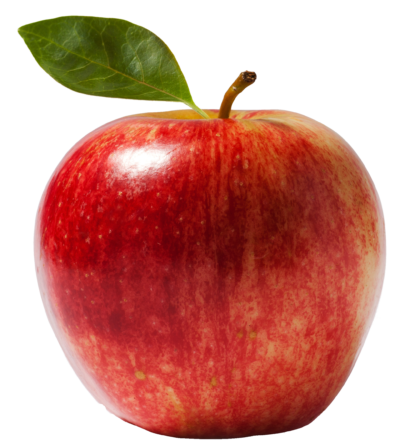Talking Plants
University of Minnesota, Clay County
It may not look like gardening weather outside, but it is a perfect time to prune apple trees. Pruning opens up the canopy allowing light and air to penetrate which helps fruit ripening and disease prevention. Pruning while the tree is dormant minimizes the possibility of fireblight, a potentially fatal disease, and the lack of leaves makes it easier to determine which branches to remove.
Many gardeners in our area prune and train apple trees using the central leader system. In this system, a single trunk runs the entire height of the tree and supports the fruiting branches. Branches originating from the trunk, known as scaffold branches, form the basic framework of the tree. Scaffold branches should be evenly spaced around the trunk and there should be at least twelve inches of vertical space between scaffold branches on the same side of the tree.
After scaffold branches have been selected, cut out broken, dead, or diseased branches. Next, take out thin, weak wood and branches that have narrow crotches. Remove watersprouts which are those succulent, vigorous shoots that grow straight up on the inside of the tree. Watersprouts are heavy users of water and nutrients while producing little to no fruit. If two leaders exist, remove the weakest one.
Pruning cuts should be made just outside the branch collar. The branch collar is the wrinkled or swollen area around the branch where it attaches to the trunk or another limb. Avoid leaving branch stubs as they encourage rotting into the heartwood of the tree.
If a tree is too tall for convenient harvesting, the height of the tree can be lowered by completely removing one or two of the tallest growing limbs. It is important to remember that you should not remove more than one-third of the wood in any one year. If you want to prune a tree drastically, spread the pruning over a period of three years. Over-pruning stimulates sucker type growth and reduces both the strength of the tree and fruit production.University of Minnesota,Clay County 218.299.5020.
Check out our website at https://local.extension. umn.edu/local/clay


